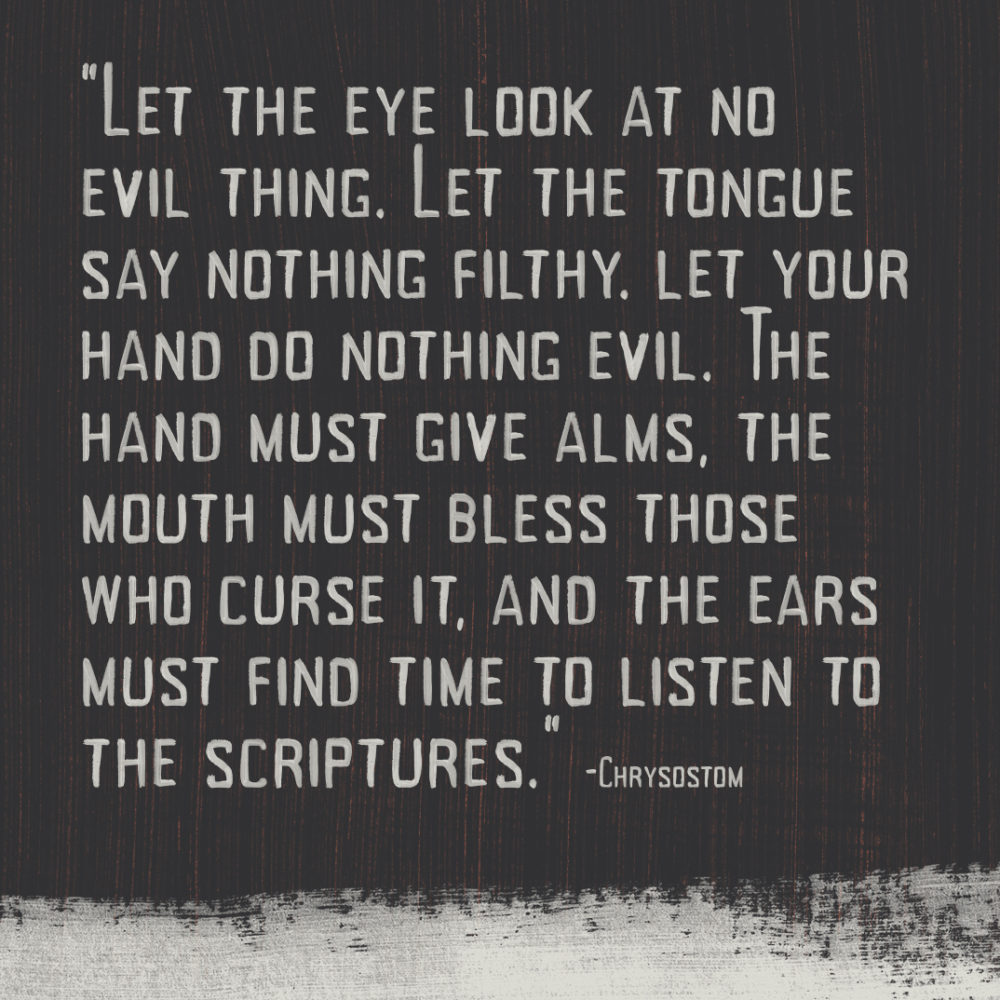Hear, O Israel: The LORD our God, the LORD is one. 5Love the LORD your God with all your heart and with all your soul and with all your strength.
Deuteronomy 6:4,5
As the deer pants for streams of water,
Psalm 42:1-5
so my soul pants for you, my God.
2 My soul thirsts for God, for the living God.
When can I go and meet with God?
3 My tears have been my food
day and night,
while people say to me all day long,
“Where is your God?”
4 These things I remember
as I pour out my soul:
how I used to go to the house of God
under the protection of the Mighty One[d]
with shouts of joy and praise
among the festive throng.
5 Why, my soul, are you downcast?
Why so disturbed within me?
Put your hope in God,
for I will yet praise him,
my Savior and my God.
Every morning and every evening, faithful Jews recite the Shema, which calls them to hear and obey, and love the LORD with all their heart and with all their soul.
Most of us probably think of the soul as the immaterial essence of a human that inhabits a body and lives on after that body dies. We have the Greeks to thank for that, not the Bible.
The word translated as soul almost eight hundred times in the Old Testament is the Hebrew word nephesh.
Remember when the Hebrews were walking the wilderness on their way to the Promised Land and they got tired of eating delicious, but apparently very dry, manna? They reminisced about how plentiful the cucumbers, melons, and onions had been back in Egypt. “But now our nephesh has dried up,” they complained, “and there is nothing at all, besides this manna, to eat.” (Numbers 11:6) Their throats were dry.
Our very life and body depend upon the air and food that comes through the throat, so nephesh usually refers to our entire physical body. Genesis 46:15 tells us there were thirty-three nephesh in Jacob’s family. Not immaterial spirits or throats, but humans.
In the story of creation, God formed the first man from dirt, breathed life into him, and man became a living nephesh (Genesis 2:7). He was a body made alive by God – with physical appetites and needs, strengths and weaknesses.
When depression envelopes me, Psalm 42 becomes my prayer. My body hurts, my tears flow, I can’t find the words to say to God, so I read David’s again and again. He sings that his nephesh (body) is thirsty for God like a deer’s nephesh (throat) is thirsty for water. His whole body aches with desperate dependence on God.
Today, a faithful Jew gives herself to God by reciting the Shema daily. Because her body was created by the LORD, and her life is sustained by the LORD, she commits to love the LORD with her whole body and whole life.

Reflection
• What desperate longings in my body and life do I need to ask God to change, heal, or satisfy?
Our Prayer
Creator, I have hurt my body with ________ and sinned with my body by ________.
Sustainer, ________ is taking life from me.
I am thirsty for you, LORD. Breathe your life into me.
Amen.
 Shaun Groves
Shaun Groves